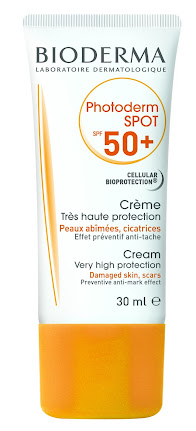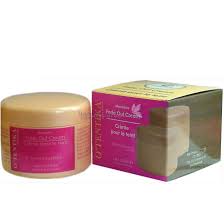Demystifying Hydroquinone: The Controversial Skin Lightening Ingredient
Hydroquinone—a name that sparks debate and controversy in the realm of skincare. For decades, this chemical compound has been both praised for its effectiveness in treating hyperpigmentation and vilified for its potential adverse effects on the skin. In this article, we'll delve into the facts surrounding hydroquinone, its uses, risks, and regulated practices.
Understanding Hydroquinone:
At its core, hydroquinone operates by inhibiting the production and accelerating the breakdown of melanin—a natural pigment responsible for skin coloration. By doing so, it helps diminish dark patches, freckles, melasma, age spots, and acne scars, making it a sought-after solution for skin discoloration issues.
Hydroquinone in Medicine:
Despite its controversial status, hydroquinone maintains its place in medicine as an effective treatment for hyperpigmentation. Commonly prescribed for various skin conditions, it's particularly beneficial for individuals with darker skin tones who are more prone to hyperpigmentation.
Regulatory Measures:
In many European countries, hydroquinone-containing creams are classified as Pharmacy-Only medicines, with concentrations typically ranging from 2% to 4%. This regulatory framework aims to ensure safe and appropriate use of the ingredient under professional guidance.
Navigating Safety Concerns:
While hydroquinone has been linked to potential risks, such as skin cancer and exogenous ochronosis (a rare darkening of the skin), the evidence remains contentious. Most studies indicating adverse effects were conducted on rodents using high doses of orally administered hydroquinone, raising questions about relevance to human use.
Side Effects and Precautions:
Common side effects of hydroquinone include blistering, skin darkening, crusting, and allergic reactions. Exogenous ochronosis, though rare, is a notable concern, particularly in regions where hydroquinone is widely misused.
Practitioner Guidance:
For healthcare professionals, the foremost concern is patient safety. Before prescribing hydroquinone, we carefully weigh its benefits against potential risks, ensuring it's the right choice for each individual. Regular monitoring and adherence to prescribed usage guidelines are essential to minimize adverse effects.
Optimizing Effectiveness:
To maximize the benefits of hydroquinone, patients are advised to adhere strictly to prescribed usage instructions. This includes regular application until desired results are achieved, typically within 4 to 12 weeks. Additionally, sun protection measures, such as sunscreen use and avoiding sun exposure, play a crucial role in enhancing efficacy and preventing further pigmentation issues.
Conclusion:
Hydroquinone may be a controversial ingredient, but its efficacy in treating hyperpigmentation cannot be denied. With proper regulation, professional guidance, and adherence to safety precautions, it remains a valuable tool in the skincare arsenal. As we continue to navigate the complexities of skincare, let's prioritize informed decision-making and holistic skin health.




Thanks for sharing the best information and suggestions, it is very nice and very useful to us. I appreciate the work that you have shared in this post. Keep sharing these types of articles here.Shop Online For Makeup In Dubai
ReplyDeleteI read your post and got it quite informative. I couldn't find any knowledge on this matter prior to. I would like to thanks for sharing this article here.Buy Anti-Aging Skincare Products Online Singapore
ReplyDeleteIt is truly a well-researched content and excellent wording. I got so engaged in this material that I couldn’t wait to read. I am impressed with your work and skill. Thanks.raw honey uk
ReplyDelete